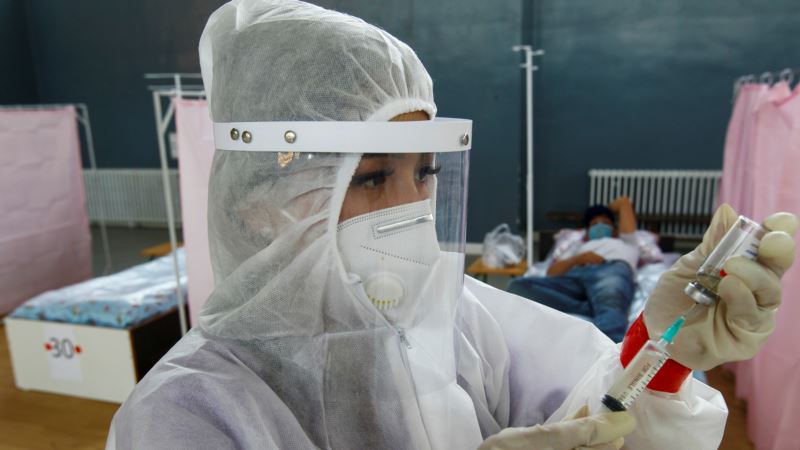

Ever since the coronavirus appeared in Central Asia, the authorities in countries there have used some questionable systems to count the numbers.
If patients were not tested for the virus, they often were not counted even if they exhibited all the symptoms of COVID-19. Deaths were attributed to respiratory ailments or heart problems even if those patients appeared to be infected with the virus. Some governments are now combining the casualties from the sudden wave of pneumonia that has accompanied the coronavirus outbreak, but some are not.
On this week’s Majlis podcast, RFE/RL’s Media-Relations Manager Muhammad Tahir moderates a discussion on the different methods Central Asian governments are using to count the number of coronavirus cases and deaths and how much that is affecting the figures Central Asian authorities are releasing.
This week’s guests are: speaking from Kyrgyzstan, Gulnura Toralieva, CEO at Data Lab, a Bishkek-based consulting firm; also from Bishkek, Tilek Toktogaziev, an entrepreneur who has been doing volunteer work, including organizing deliveries of equipment to hospitals during the current health crisis; from Nur-Sultan, Kazakhstan, Darkhan Umarbekov, the digital editor for RFE/RL’s Kazakh Service, known locally as Azattyq; and Bruce Pannier, the author of the Qishloq Ovozi blog.
Listen to the podcast above or subscribe to the Majlis on iTunes or on Google Podcasts.